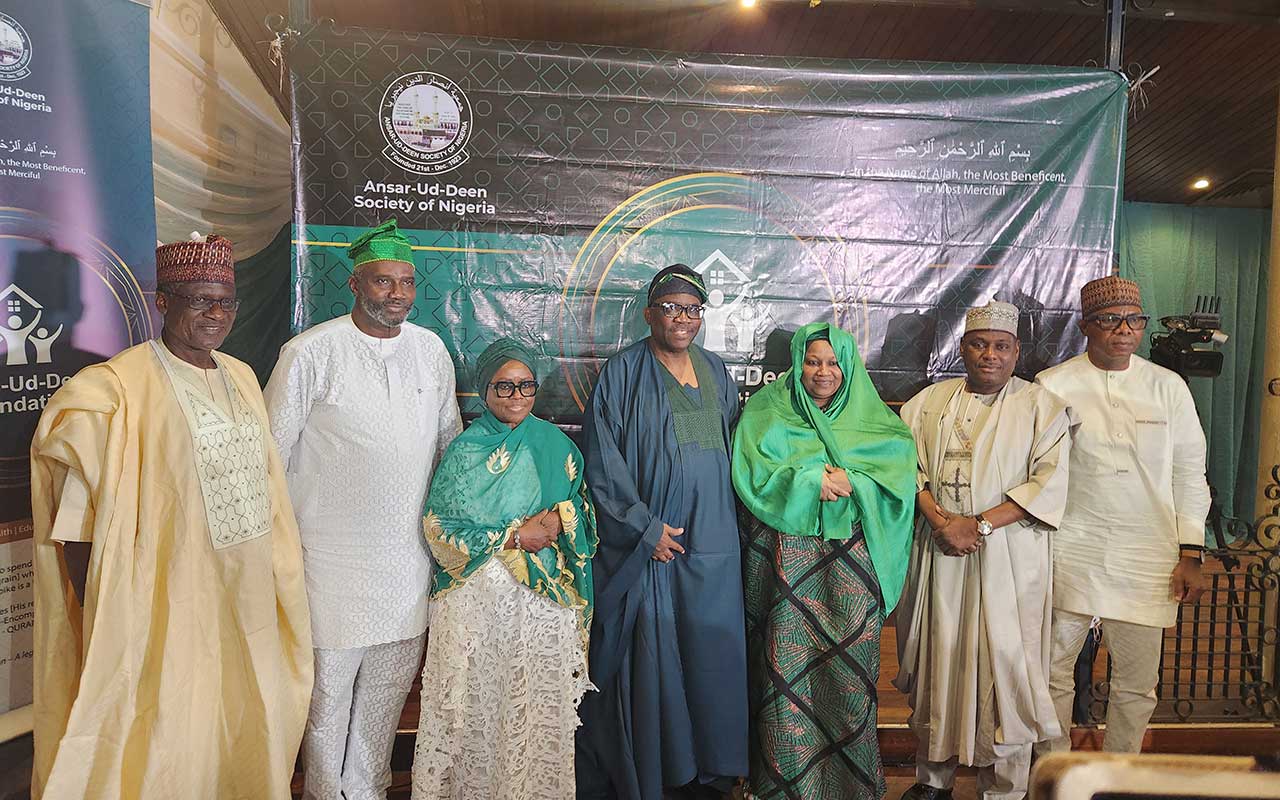Halal investing, or Islamic finance, has a multifaceted impact on a country’s economy by promoting financial stability, social inclusion, and ethical development. By adhering to Shariah principles, which prohibit interest (riba) and speculation, this financial model encourages sustainable, asset-backed investments in productive sectors of the real economy.
Some of its positive economic impacts include:
Enhanced financial stability: Halal investing reduces systemic risk by prohibiting excessive leverage and speculation. This leads to a more stable and predictable financial environment that can prove resilient during economic crises, as was observed with Islamic financial institutions during the 2008 global financial crisis.
Increased financial inclusion: Islamic financial products and services can attract a significant portion of the population that is reluctant to engage with conventional banking due to religious or ethical concerns. This expands the financial sector and channels more capital into the formal economy, particularly benefiting low-income individuals and small and medium-sized enterprises (SMEs) through instruments like Islamic microfinance.
Encouraged economic diversification: Especially in oil-dependent economies, halal investing can facilitate diversification by channelling funds into non-oil sectors. This reduces reliance on volatile resource revenues and supports sustainable economic expansion.
Promote ethical and sustainable development: Halal investing channels capital toward socially responsible projects in sectors like healthcare, education, and sustainable infrastructure. This aligns with global trends like environmental, social, and governance (ESG) investing and supports a more balanced and equitable financial system.
Stimulated economic growth: Studies in countries with dual banking systems, including Malaysia and Indonesia, have shown a positive long-term correlation between the expansion of Islamic banking and GDP growth. Shariah-compliant tools like sukuk (Islamic bonds) also help to fund major infrastructure projects that drive development.
Growth of the halal industry: Investments in the broader halal economy—which extends beyond finance to include food, tourism, cosmetics, and logistics—can create significant economic opportunities and jobs. This expanding market attracts investment from both Muslim and non-Muslim consumers who value ethical consumption.
Despite its positive effects, the halal investment landscape also presents challenges for economic development:
Lack of standardization: The absence of a unified global regulatory framework for Islamic finance can make navigating the market difficult for investors. Differing interpretations of Shariah principles across countries can also complicate cross-border transactions.
Limited product availability: Compared to conventional finance, halal investing may offer fewer investment products, which can limit diversification opportunities for investors and potentially lead to underperformance if prohibited market sectors rally.
Potential for higher costs: Adhering to Shariah-compliant standards, such as ongoing screening and purification requirements, can result in higher operational costs for institutions. These costs may be passed on to the customer through higher fees.
Liquidity management issues: Islamic banks may face challenges in managing liquidity without relying on interest-based financial instruments. A limited availability of Shariah-compatible interbank markets and central bank facilities can complicate this process.
Low financial literacy: A lack of awareness and understanding of halal investing principles among both potential investors and financial professionals can hinder market penetration. Educational initiatives are necessary to bridge this knowledge gap.
Halal investing, rooted in Islamic finance principles, has seen significant growth over recent years. This form of investing adheres to Shariah law, which emphasizes ethical and socially responsible investment practices. As the global market increasingly values sustainability and ethical consumption.
In conclusion, it’s good to embark on both formal and informal dialogue and education to get key players, operators and citizens enlightened on the opportunities available if embraced and what they are meant to put in place to make it works not the current approach. Nigeria has a lot to benefit from it, as highlighted above.
• Dr. Ayodeji Abdulrauf FCS is CEO/Founder, ThinkStartUp Beyond Borders Inc






